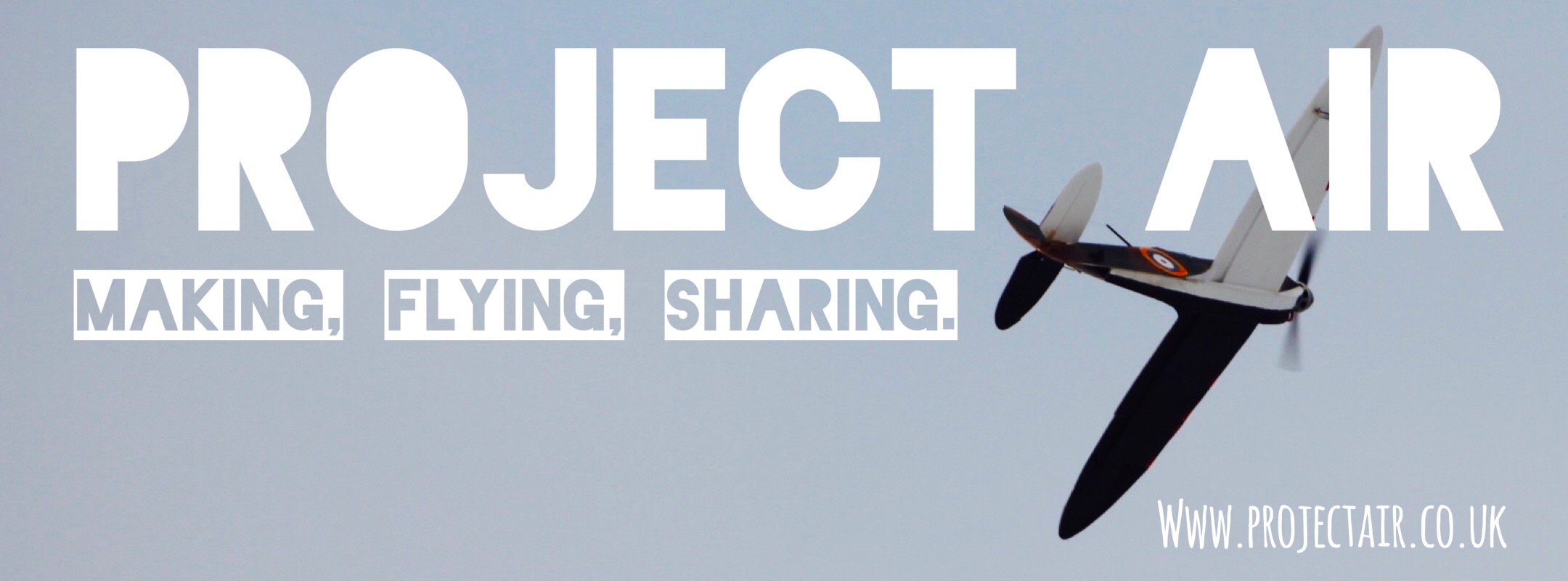RC airplanes are great, I think we can all agree with that. But what happens when we want to train our friends and family? How do we make sure they get as much, if not more, out of flying as you? I hope to help you avoid some of the pitfalls in teaching RC.
Watch this video if you want to see my first experiences (and hit that like button if you enjoyed it):
Tip 1:
Use a plane that you don't mind losing.

This seems fairly obvious, but you absolutely must be comfortable with it. It will make the whole process of teaching someone much more fun for both of you. One way to quantify the risk is to ask, "what's worth more: the plane or the experience?". One thing is for sure if you use an older, cheaper aircraft - you'll gain a lot of laughs even if you lose the plane.
Do try using an older plane if you can, and one you don't care for too much, quite unlike the one above (My Durafly P40n). Lighter aircraft are also good as they tend to 'bounce' more! Check out the FT Scout on the Flite Test Store as it's almost perfect.
Tip 2:
Explain stuff, but explain only enough stuff.

Brain-overload is not what you want to give your nervous new pilot. Just give them the essentials and let them have a go.

Going over the basic controls, such as "this makes it go up, this down" and so on. You can get into the finer principles of aerodynamics, stalls, and adverse yaw sometime later down the road. For now, you need to lay a foundation to build on with experience.
Tip 3:
Just pass the transmitter and let them try it. Also, trust them a little.

I think I was a little too anxious when it came to teaching Chris. I was too keen to jump in a grab the transmitter out of his hands. Some of this could have been due to the terrain we were flying in (I didn't want to lose the plane in a tree or down an unclimbable cliff face). Next time, I'm not going to grab it at all.

Thank you for reading this article - I hope you learned something from it. If you would like to see more of my stuff - please check out the Project Air YouTube channel for awesome content, how to's and lots of different projects!
-James.










The only thing I would be upset to lose on one of my planes at this point is the battery - not so much because it's one of the most expensive things on a FT plane, but because of the potential fire hazard (I live in Southern California, and having been through multiple wildfires that have threatened my home, I am rather alert on potential fire dangers).
That said, I need to go to my club and ask if they have a specific training plan...I wouldn't mind helping teach people via buddy box...
Log In to reply
Tip 2A: Use the buddy box system so your new pilot feels like they have a safety net when they mess up. Once they have successfully demonstrated their ability to keep it in the air most of the time, move to step 3.
Log In to reply
Log In to reply